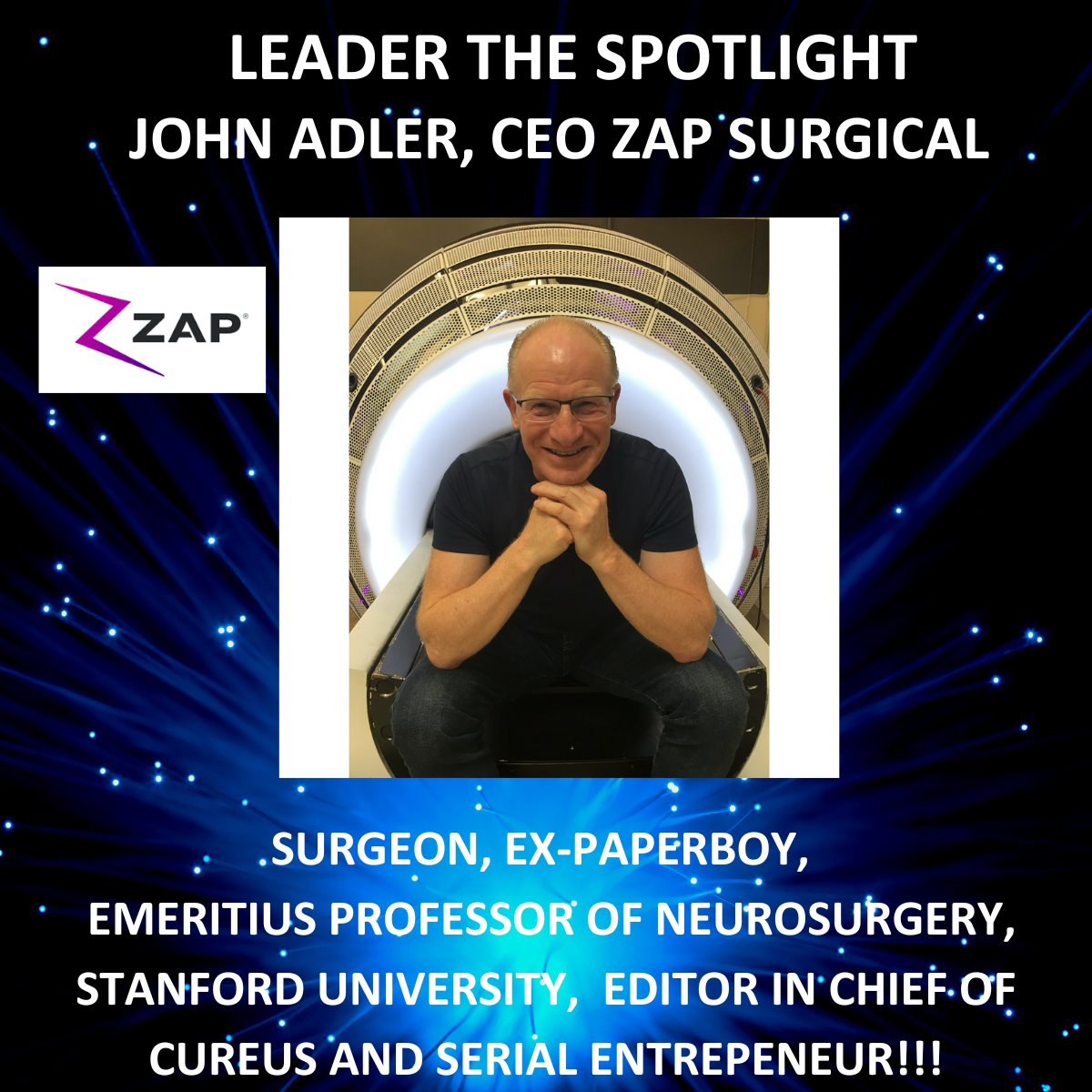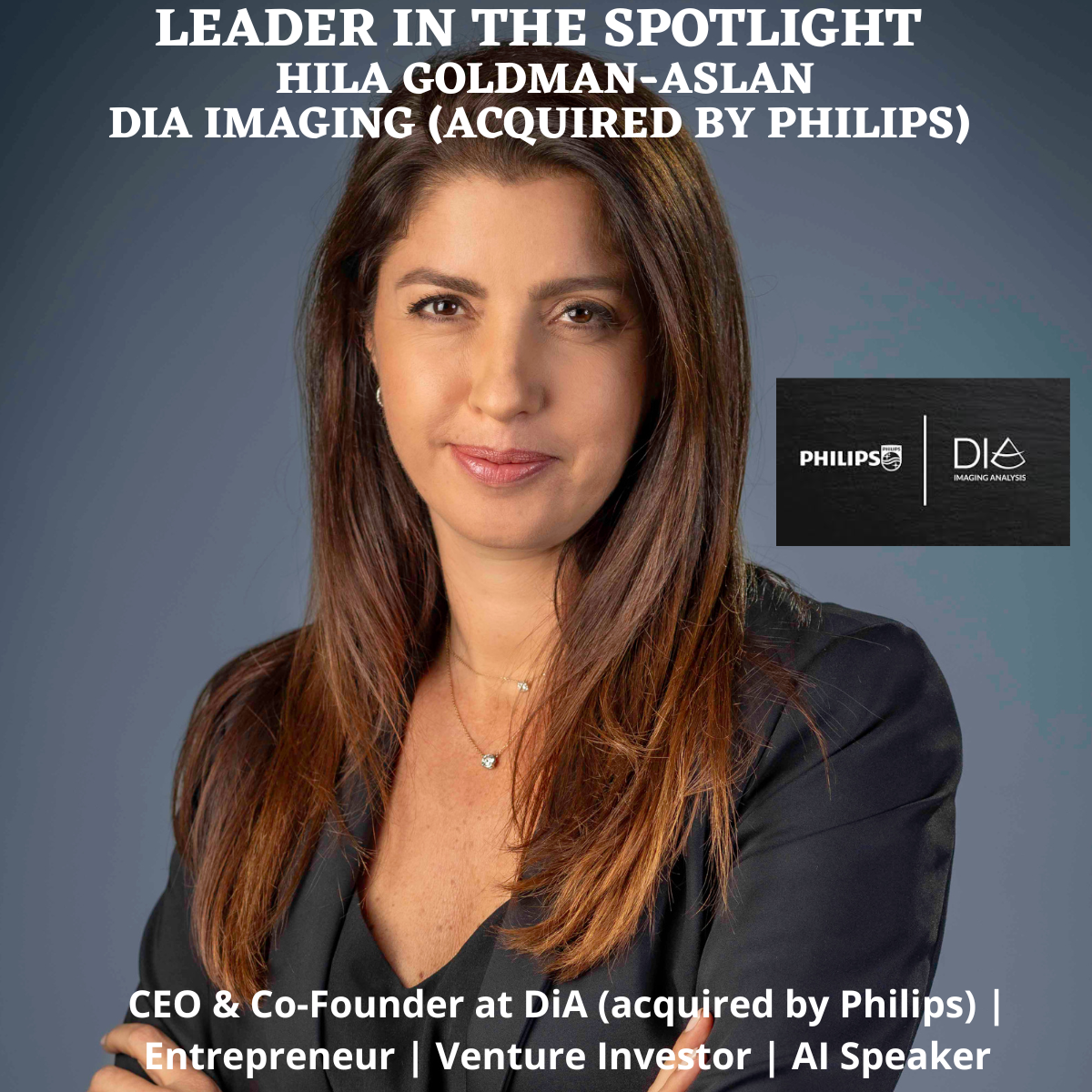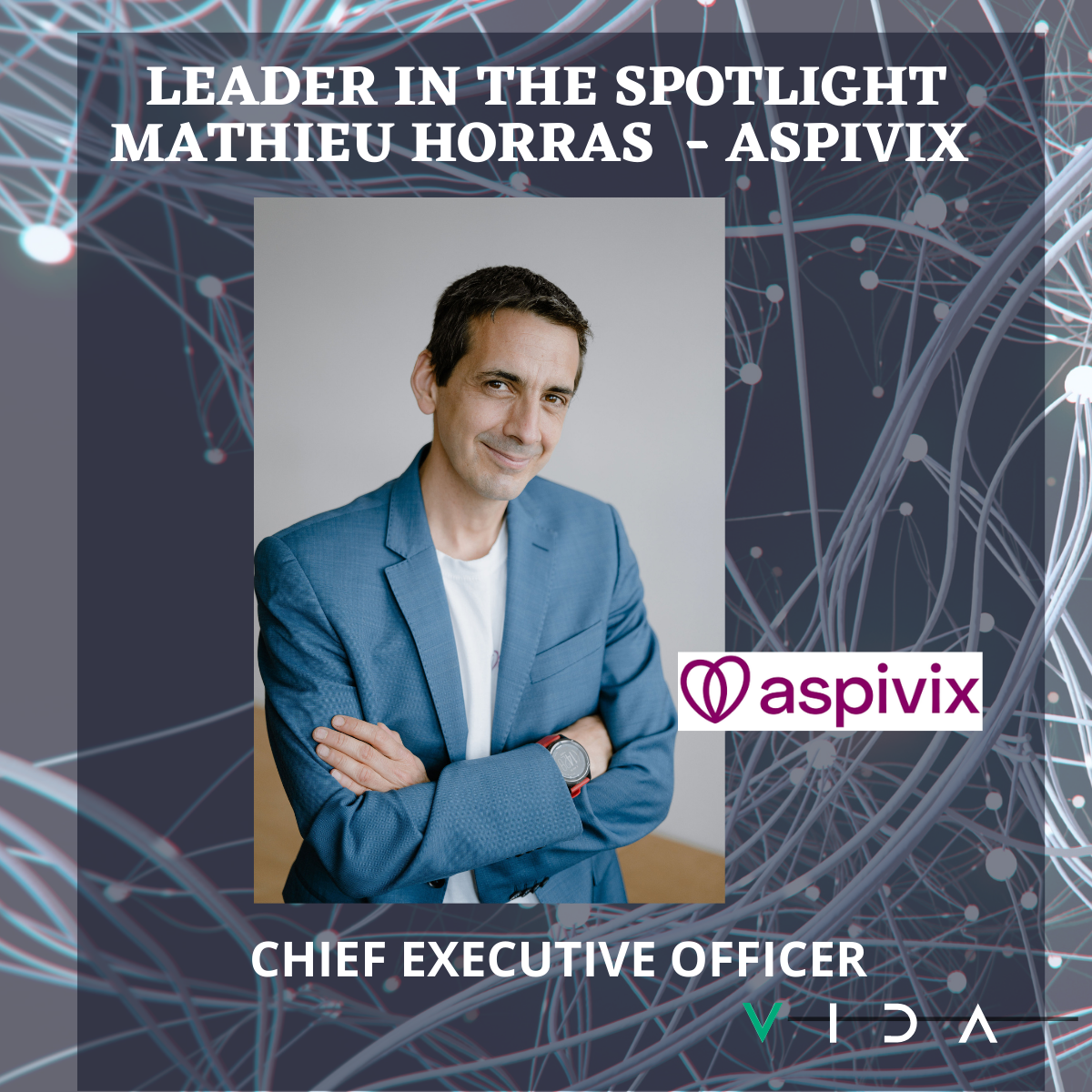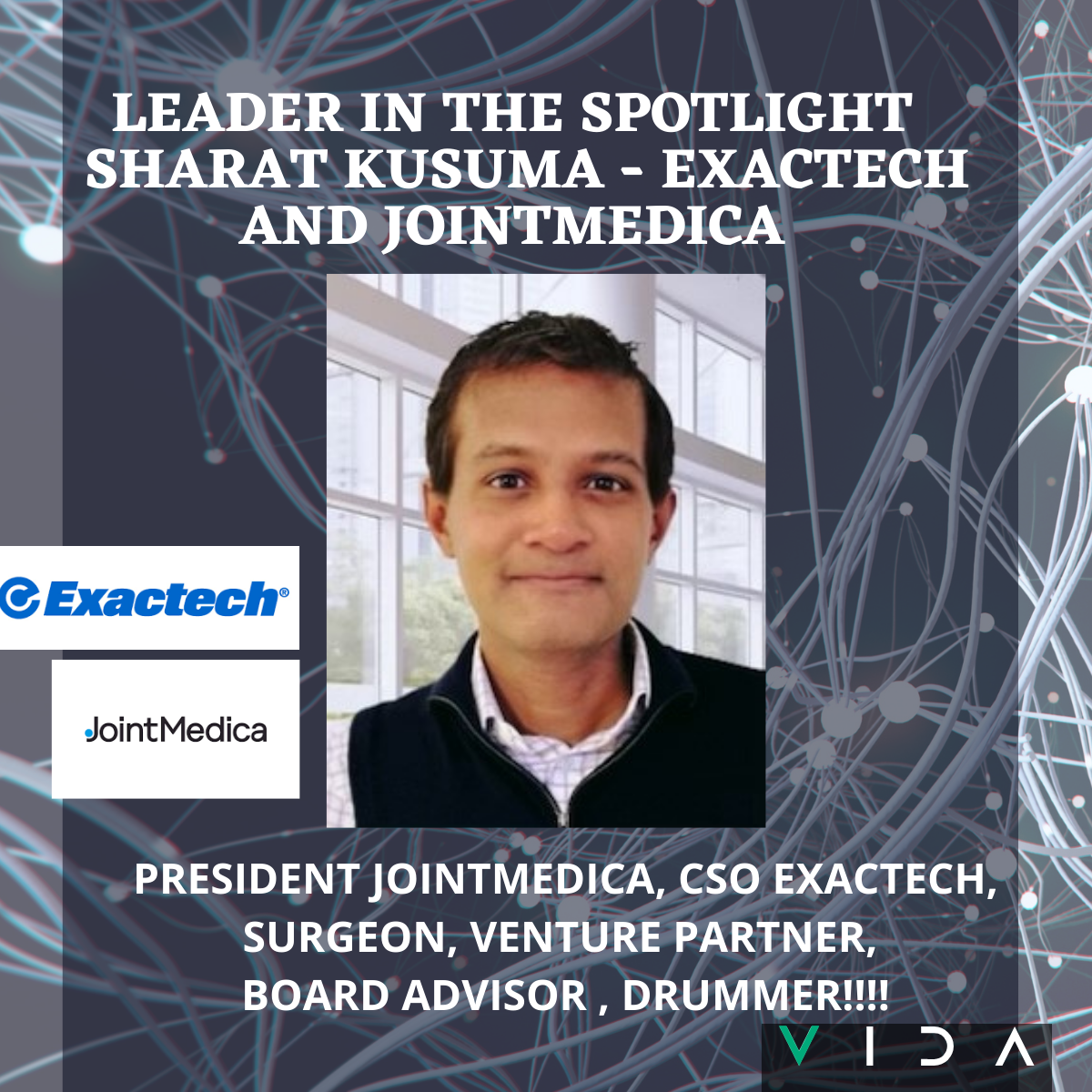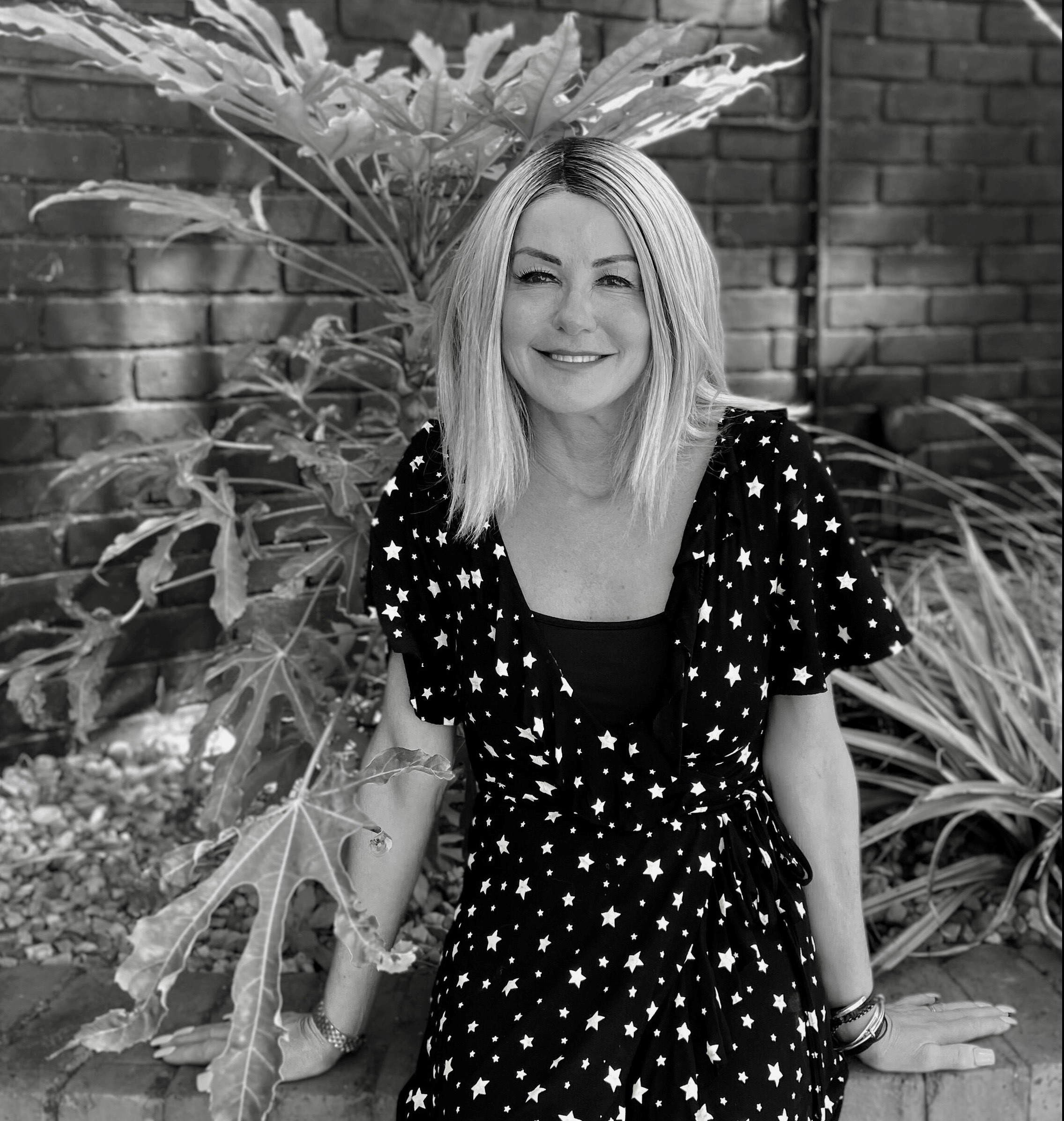
POSTED BY
Liz Moyles
This is probably one of the most dramatic stories I read for why someone I interviewed was spurred into setting up their own start-up.
Serhii lives in the Ukraine. One lunchtime as he was driving across the city there was an unexpected attack by Russian missiles and bombs. As he sat trapped at traffic lights, with cars abandoned as people tried to find refuge, escape the situation and amidst the shrills of the alarms and sirens, he thought to himself- “I could die at any time. I might not have a tomorrow. I need to live life, with my family and do what makes me, us happy. Even if I am scared, if I don’t take the chances and act on the ideas which are keeping me awake at night, I may never have the chance to have a go. I might not have a tomorrow.”
My skin had goose bumps as Serhii shared this and I felt utter empathy, humbleness and admiration for his predicament and also his determination to face a fear, a different fear perhaps, to physical fear, - the psychological fear of stepping out of his comfort zone, and going it alone. Putting himself on the line for what he believes in and stepping up to yet another challenge, a psychological battle whilst living with the ongoing physical and very real war, he was experiencing outside.
That was a few years ago, and sadly, whilst the war still rages, Serhii’s start-up, Ovulio is doing well and is already available commercially!
Well done Serhii, and please head over to Ovulio’s website to learn more or reach out directly to Serhii!
- So Serhii, tell me was Medical Devices an area of interest as a child. How did you end up in this world?
My grandmother was a nurse, and my mother was a doctor, I always knew I was going to enter the medical world in some capacity. It fascinated me, listening to both and hearing their stories, and the stories of patients’ journeys. I listened to their frustration with different systems and processes and a lot was to do with testing and diagnostics. The length of time tests took or other issues with detecting disease. I was always asking my mum about blood tests and diagnostics. I found it fascinating.
I went to university studied Engineering and met my wife there!!!! In my final year of study, I joined a company which was the Distributor of Siemens Healthineers as a Field Service Engineer and Application specialist. I got my job through networking. I wasn’t sure of I wanted to be in Engineering or Sales. I believe the role of a FSE / Clinical Applications Specialist is part sales and leads to a lot of ongoing sales. If you can’t resolve a customer’s problem with the right solution, you will never retain customers and you will certainly never get repeat orders, so I achieved both my ambitions, without realising that when I started.
- And what was the reality of being in Medical Devices? Was it what you anticipated?
I wasn’t disappointed! I started out building out and supporting laboratories in Ukraine working as a combined Field Service Engineers and a Clinical Applications Specialist. I was working on In Vitro Diagnostic equipment in immunology, biochemistry and microbiology. I was the first hire for the distributor for this division and I grew the team and led it for several years.
It was great. It was everything I had hoped it would be and more. I was learning so much, the more I learnt, the more I realised I didn’t know. There were many evolutions in the technology, technological advancement, becoming more sophisticated but more complex in terms of engineering.
I enjoyed being in the laboratories with the researchers and technicians, supporting them or their mission. I grew to know so many of them really, really well. I still do. They would ask for me by name.
After 5 and a half years I was running the diagnostics FSE and Clinical Apps teams as a Service Manager.
Over that time, I learn to be self-sufficient, to think on my feet, to think conceptually and analytically, I developed strong problem solving and firefighting skills, learned I was good with people- I seemed to gain their trust and confident easily, and I learned to manage and work with a team.
- It sounds really satisfying Serhii. So, what happened next for you?
In the end I got a phone call from Siemens Healthineers themselves. They had heard about me from many of their customers and they suggested I go and work directly for them, in house. Their customers had told them that they trusted me and a lot of their trust in the technology and business was because of the after care they were getting.
I was hired as the Head of Department doing a Business Development and Account Management Role. It was actually at the time of the start of the full-scale war in Ukraine. I was doing a country wide role – ultimately, I was promoted to Country Business Lead. I was negotiating and leading contract negotiations, partnership agreements, managing the engineering, marketing and business development activities, managing pricing and legal and governance, managing budgets, forecasts and was working with the senior teams on strategic initiatives.
This was a crazy and a difficult time for the company and our teams; we were working in war time conditions, ensuring sales and servicing of the laboratory and hospital diagnostic equipment around the country, trying to reach shelled hospitals and front-line battle conditions.
I genuinely can only imagine the horror and fear of the situation and the bravery of your teams and the people in these conditions. I am so sorry that this has happened, and sill is ongoing Serhii. Could you tell me, what was it like working for a large company as opposed to the smaller companies you had been with? what did you learn / note?
Siemens changed me a lot. I realised the importance of longer-term planning. I had worked on 12-month plans, which are more predictable generally, although nowadays, nothing is predictable – look at COVID, the various wars, the changes that government and State Figures can have on an economy. But I learned that it was wise and useful to have a roadmap for 3-5 years even if you know that you will need to always amend it, in its execution and delivery. It keeps you on point, and means you are less likely to be side-tracked if you always know where ultimately you are heading.
You said that you were working in war time conditions managing the teams around the country, ensuring sales and servicing of the laboratory and hospital diagnostic equipment. That must have been difficult to try and maintain service.
It really was something no one was prepared for. No one had envisaged this. No Business Continuity Planning had ever prepared us for this. We learned to adapt. We tried to maintain production wherever possible, and obviously we had other sites around the world producing. The challenges were getting the diagnostic equipment to where it was needed because of the bombings, road destruction and more.
We prioritised key hospitals at the frontline and war torn areas and also the laboratories dealing with those patients, they were the ones we tried to keep going servicing, providing on-site training to new users at the front line, who had little previous experience working with our equipment.
Siemens Healthineers donated much equipment to the hospitals and labs. It wasn’t time to be talking sales figures. So did other Medical Device companies throughout the world who came to the aid of the Ukrainians. We are all so thankful.
- So how did you end up setting up Ovulio?
I was literally sat in my car travelling across the city when we were hit by an unexpected air strike. The sirens, bombs were going off around me. I was stuck at a traffic light, as cars were deserted as people panicked and started abandoning their vehicles to try and seek refuge. I was stuck there, and I just remember thinking – “I could die at any time and I have a dream, and if I don’t do this, I may never do it”. It was a dream, an idea my wife and I had developed.
We had 2 children which we had earlier in our marriage. It had then seemed effortless for us to become pregnant, but suddenly that wasn’t the case. It was harder. WE started looking at ovulation, and fertility and the best times of the month to try and have the best chance to have a baby. We were buying lots of messy sticks, doing urine tests, inserting the stick into the vagina, then looking around for somewhere to put the stick, keep it clean. It just seemed so messy and inefficient. We had kids running around the house, we would get distracted – it just wasn’t user friendly.
Suddenly I thought this is not operating in the most effective or user friendly diagnostic manner. There must be a better and easier way. We wanted to know the exact date of ovulation, we wanted to track the cycle.
I realised that all the technology was already there for almost 100 years. As a woman approaches ovulation, the levels of estrogen in her body rise, leading to the formation of distinct, fern-like crystallization patterns in her saliva - a phenomenon also known as saliva “ferning”. These “ferning” patterns in dried saliva can be observed under the microscope. From my In-Vitro diagnostics experience I know how the digital microscopes are used to detect specific blood particles by harnessing the power of AI and algorithms. The idea was to combine century old method with the AI-powered digital microscope for at-home use.
Working with Ihor, the CTO, I put my son’s toy microscope and camera system into a device and we developed an algorithm and a software application using AI to track these patterns using saliva, and engineered it with this.
We thought instead of being as intrusive, using urine and having to insert a stick into the vagina, could there be something which was kinder, and actually something which was less likely to get spilled, knocked over, etc.
We developed the prototype of Ovul.ai, and my wife and I used it, then a few close friends and people in the community. It was working and it was effective. We then gave free samples to 15 OBGYNs in Ukraine to distribute to their patients for testing.
Within 55 days we had live cases.
We went more into prototyping, and at the end of 8 months, we had an average of 30 users per day. WE worked with key hospitals too and fertility clinics and we were comparing the use of the urine sticks and the routine ultrasound diagnostics to help the right point at IVF with using our solution.
The interest for fertility clinics stems from the current process, whereby if the clinic detect ovulation using ultrasound that should be done at the specific moment of the cycle to pinpoint the ideal time for IUI (Intrauterine Insemination) procedures. By tracking estrogen levels through saliva analysis, Ovul accurately identifies the 4-6 days fertility window, ensuring that ultrasound exams and insemination procedures are timed with precision for the best possible outcomes.
With Ovul, being this is in the hands of the user, the woman is the one in charge - she is the one who immediately can ring the IVF clinic and get an appointment for ultrasound 2-3 days before the necessary time, but not at the same day as it is common today.
There were many and are many benefits which our clients and the OBGYNs and IVF clinics, / hospitals have reported when using Ovulai as opposed to the more traditional urine methods. For women, it is much more convenient. The results go direct to their phone on an app. It is less intrusive.
For the healthcare system, ultrasound is very accurate but invasive and expensive.
And the combination of both methods provides incredible outcomes!
I am obviously a strong advocate of Ovulai, but there are always factors to consider about why one may be better in a certain circumstance. Routinely, the less invasive option would be the better option.
- Who is on the team with you?
Ihor Kovalenko, he is the co-founder CTO – a sheer genius and Gene Galyuk , who is our Operational director, a coach, and an amazing sounding board , who helped with the B2C strategy and joined us from the US to give us invaluable insights and advice, Kateryna Andreeva our fabulous Chief Marketing Officer and co-founder, who drives our vision and mission, Roman Godz co-founder and Product Director who helped with the manufacturing set-up, regulations strategy and market entry and Pierce Rhine an exceptionally talented astrophysicist and data analyst.
- What are your goals?
We launched pre-sales on July 2nd and officially began sales on August 1st, 2024. Right away, we saw strong demand, confirming that we are creating something truly valuable.
Now, we’re focused on scaling our sales in the U.S. while also working with distributors in Poland, Spain, Ukraine, Germany, the EU, and South Africa to prepare for market launches.
With our Seed round kicking off on September 20th, we aim to secure the funding needed to expand these efforts and bring easy-to-use, top-tier diagnostics to half the world.
- What have been your learnings as a CEO to date?
The buck stops with me, the CEO. If you fail, it is down to you. If you succeed, it is down to the team and you and the Board. Ultimately the CEO is the one who is accountable. You need good sounding boards and a clear strategy and long-term plan which you can flex.
I am doing what I want to do and I am living my dream and making a difference to the lives of women and their loved ones.
What could help you at this point?
Raising a seed round quickly enough to keep the momentum going and a b2b consultant for the US market are the two main lines of support we face today.
- What has been the funniest point in your career?
The funniest thing I've realized throughout my career, more than a thousand times, is just how small the world really is. When you're doing something you're passionate about, you'll unexpectedly meet others who share that passion, and the synergy from those connections will drive things to new heights.
- What advice would you have for anyone thinking of starting their own company?
The key is simple: just do it.
Get ready for the pace of life where, as a founder and CEO, you'll need to be present 24/7—especially when it comes to startups. I've been living this way for the past 10 years, seamlessly moving from one challenge to the next, and it’s been manageable for both me and my family.
- Finally what do you do to re-energise / to relax?
I read a lot, mostly two types of books: management-related and sci-fi novels. I firmly believe that science fiction writers have a unique ability to envision the future, and the right management is the key to thriving in that future.
Thanks, Serhii. This has been such a very unique interview. I am humbled to have spoken with you. I wish you and Ovulai every bit of success. Thanks for what you are doing at Ovulio,
If anyone would like to learn more about Ovulio Corp, whether to purchase Ovul.AI or invest in the company please don’t hesitate to reach out to Serhii!
